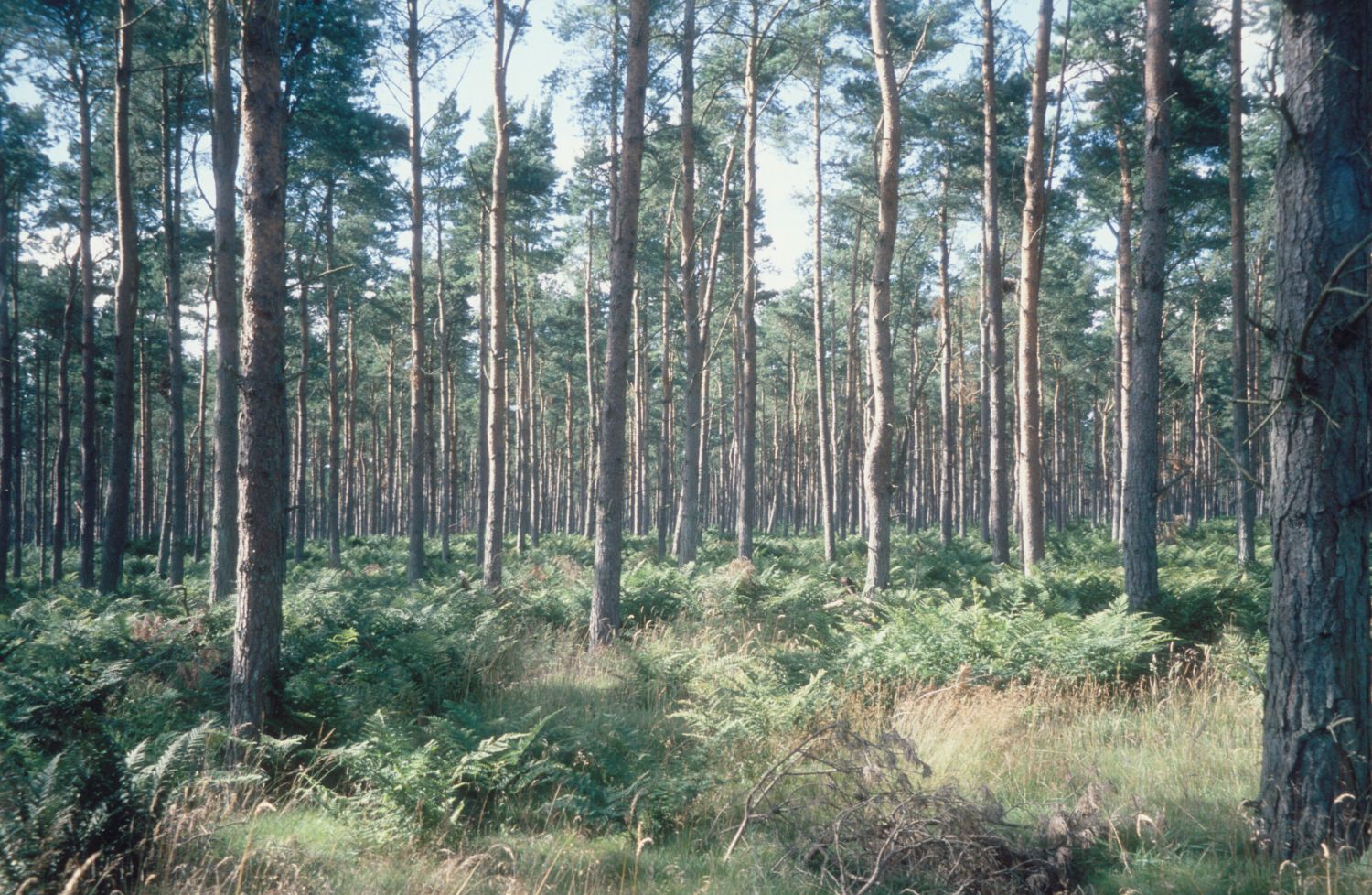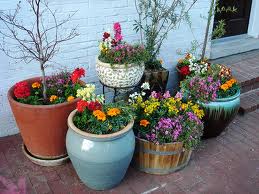Fife nature

The enjoyment and appreciation of nature makes a vast contribution to the quality of our individual lives, and the health of our environment is reflected in the diversity of wildlife and habitats it supports.
Our natural heritage in Fife is rich and varied, but nothing in nature is static, and development activities and proposals can have a major impact on the habitats which sustain our plants and animals.
Send us your wildlife sightings

If we don’t know where our wildlife is, it’s harder to protect it. Information about protected species is given to planners and developers so that they don’t accidentally harm it. Check out our Recording wildlife and Submitting records pages to find out more.
Help improve local nature where you live
Everyone can get involved in improving their area and small changes can make a big difference! Here are some ideas to try:
Put up bird and bat boxes

Birds and particularly bats need mature or even dead trees in which to nest and roost. Our countryside is heavily managed and there are far fewer old and dead trees than there should be. You can give birds and bats a helping hand by putting up boxes as artificial nesting and roosting sites. Consider different types of nest boxes, for instance for swifts and swallows or kestrels and owls.
Plant nectar-rich plants for pollinators

Plant up a window-box or border. You’ll be pleased to know that a little planting can go a long way! A few pots, a bed or border with a variety of flowers and shrubs could provide year‐round colour and greenery, as well as nectar for butterflies and bumblebees.
Sow wildflowers

Wildflower‐rich grassland is one of the most threatened habitats in the UK. Wildflower meadows are beautiful in themselves and also provide valuable food and shelter for a range of species. They attract invertebrates including butterflies and bumblebees, as well as birds and small mammals such as voles and shrews. Even creating small wildflower patches in urban areas, such as a tub container or border in your garden, can be of great benefit to wildlife.
Create a wildlife pond

Ponds are oases for wildlife. They can attract frogs, newts, birds, bats and hedgehogs as well as a variety of plants. Try creating a mix of habitats including a boggy area, shallow section and slightly deeper open water. Even a small pond can be very beneficial.
Hold a litter clear-up

Litter can pose a serious threat to wildlife. For instance, many seals and other marine mammals die from ingesting plastic bags that are finding their way into the sea. String, rope and the plastic can entangle and kill wildlife. A cleanup in your local area, park, or on a beach or along a river can reduce this threat.
Visit the NatureScot website to find out more about biodiversity and the action you can take.
Click here to view the Fife Local Biodiversity Action Plan to find out other ways to get involved in improving and conserving Fife's biodiversity.
Local organisations
There are a variety of local organisations who are involved in conservation and environmental management. Being part of a local initiative can bring about the biggest impacts. A few organisations are listed below:
- CLEAR Buckhaven & Methil
- EATS Rosyth
- Fife Amphibian and Reptile Group
- Fife and Kinross Bat Group
- Fife Coast and Countryside Trust
- Friends of Riverside Park
- Greener Kirkcaldy
- The Ecology Centre
Further information
There are many national organisations working to conserve our environment and wildlife. A few are listed below:

